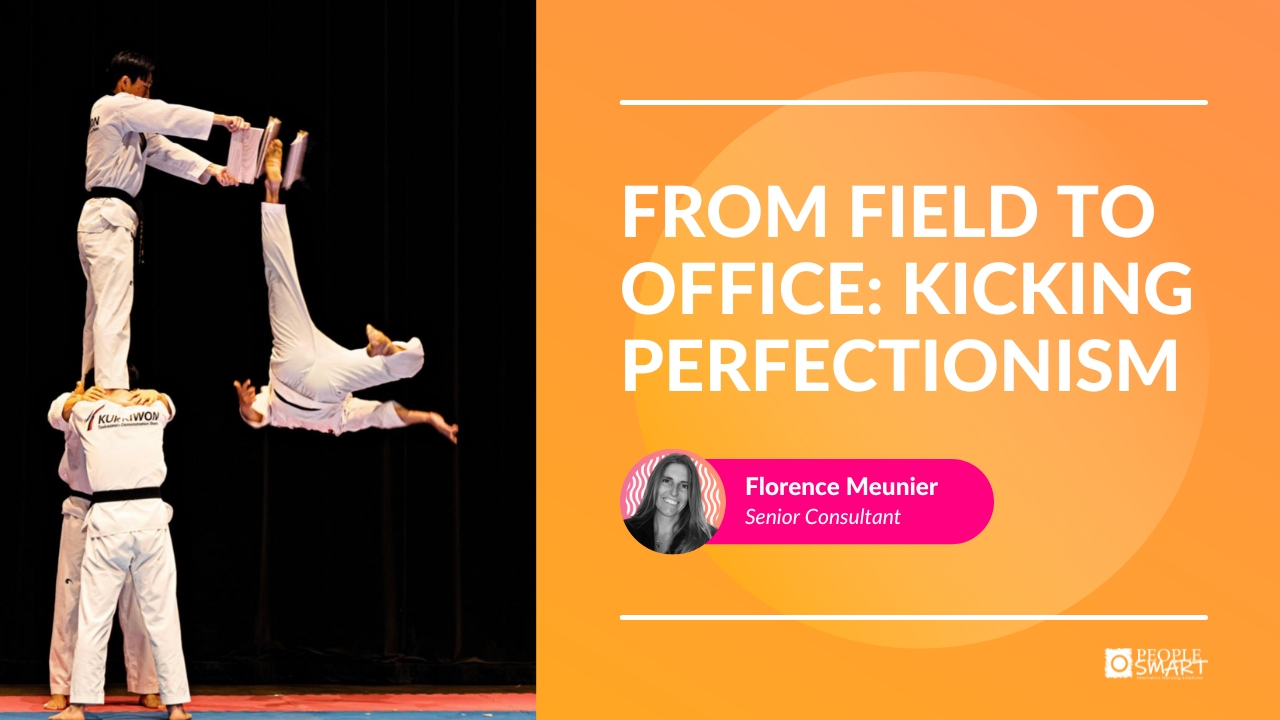The Covid-19 pandemic is delivering us all with a massive amount of uncertainty. Businesses are battling for survival and trying to understand and address what the ‘new normal’ will demand of them and their people. Leaders and team members alike are worried about their jobs, their families and their future.
No doubt, some products and services will be defunct, or are in the process of being usurped by more innovative alternatives. Working patterns will change, commuting and travel will be considered more carefully and many more of us will be working remotely. Finding the physical space, having the right tools, connecting with others, maintaining a balanced family life and managing our own levels of motivation and mental health are all going to be an issue.
Covid-19 has been a catalyst for change. Senior leaders will be going through a process that feels like they are trying to keep the trains running, whilst laying new tracks. It is quite a balancing act and as we all know, during times of turmoil and change what people need is some certainty.
As the world returns to work, we will all need our people to re-adjust. We will need to pave the way to help them to feel they have purpose, know what is expected of them and are able to perform at their best, in a positive environment.
There will be huge value in thinking through how you can help your people to cope with the pressures of this changing world and to have the mindset and behaviours that will build resilience or ‘bounce-back-ability’.
Maybe PeopleSmart can offer some thoughts. People need:
- Clarity – keep your people informed. If the future is difficult and uncertain – tell them so. In any case, they will need to be reassured that their leaders – the people they look to in a crisis – are actually grappling with the challenges and have a plan.
What are you doing about the organisation’s, teams’ and individuals’ short, medium and long-term goals? Can you offer a sense of direction, made up of achievable objectives for everyone – with a clear game plan, setting out the tactics to be used? - Focus – as they return to work, or as the business landscape becomes clearer, your people will need a constant reminder of current key activities and outcomes. A mix of the short-term / urgent and the long-term / proactive, which will need to be reviewed and refined regularly. You may want them to have several areas of focus: getting back to work in a safe environment; re-connecting with customers and suppliers, re-building or creating new relationships, supporting colleagues, having a can do / will do attitude…
What are the things that it is most important for you to focus them on? - Encouragement – now is the time for some focused 1:1 Mentoring and Coaching. Encourage all managers to take a proactive lead and to be ‘on-message’. Now, more than ever, they need to get close to their reports and to the wider team. This means more than ‘going through the figures’ or ‘having a chat’ as they may have done previously. It demands care, understanding and real problem-solving skills – helping people to be on-board and ready to contribute to a proactive action plan for change.
Who are you talking with about your business imperatives? How are you getting things straight in your own mind? - Find some support – now, more than ever, it would be smart for you to find a mentor, a coach or a trusted advisor that you can work with. Who can you talk to? Where and how can you build your network right now?
Learning from sport – a winner mentality
Even in the world of sport, there are reports of athletes losing focus, their sense of self-worth and confidence whilst they cannot do their ‘job’ and are operating in isolation. However, they should know from experience that winners work hard to protect and pace themselves and engage in thorough preparation for what comes next.
- They build robust self-belief, based on their ability to analyse success and to learn from failure, so that they can continually push the margins.
- They give thought and effort to building their support structures (their ‘Team You’ – see over the page), a resource that they can draw upon as support and nourishment through difficult times.
- They take time for real recovery and right now as sports prepare to return to competition, athletes are being encouraged to prepare themselves by working on their levels of physical and mental match fitness.
Self-preservation
There are many great examples of how sports’ people protect themselves – ranging from the Olympic Athletes who take their own food stuffs to major competitions; the rugby players who travel with their own pillows and duvet to ensure a good night sleep and the boxers who live on ‘competition time’ in the days before an important bout in a different time zone. All of these performers are focused on detailed preparation, in a way that most of the rest of us are not.
What can you do to challenge historical or cultural norms and help to give your team an ‘edge’, so that they can ‘hit the ground running’?
Creating ‘bounce-backability’
Building your own ‘Team You’ – allowing others to build theirs
The ‘new normal’ will demand that people have a real work / life balance – taking each part of their life and combining in such a way that it becomes a component of a healthy eco-system, that energises, refreshes and allows them to grow. ‘Team You’ can help with this. It is made up of all those people who have the potential to be able and willing to influence and support your success – your boss, mentor, network, colleagues, community, family and friends. Getting them ‘on side’ and letting them help whenever and wherever they can is seriously smart.
Right now, many of us will be realising just how important a support network actually is. Some of us may even have come to understand that personally, we should have invested more time in it before the pandemic hit. As managers, we might also ask whether previously we have respected our colleagues’ time and space and their need to re-new sufficiently – or have we allowed ‘the needs of the business’ to put them under pressure to the detriment of their ability to build or maintain those support structures which are so important to carry them through this difficult period?
What more can you do now and in the future to build your potential ‘Team You’ and get it to want to bother to support you during your difficult times? How can you help others to build and nurture their own ‘Team You’?
Learn from the past. Live in the present. Plan for the future.
It is a mistake to think that around the world, as lockdown ends and social distancing restrictions are eased, we will simply go back to the way things were before. Up until now many businesses, individuals and organisations have used their historical success as an excuse not to change what they do or how they do it. In times such as these, their arrogance and complacency are likely to be found out. As some fall by the wayside, many businesses will be seen to have been successful historically, in spite of the way that they have been run in the good times – not because of it!
Top Tips:
- Encourage your people to understand the importance of building their personal resilience.
- As they return to work, encourage them to take breaks and exercise. Encourage them to think about exercise, their diet and rehydration, the ways they can support their colleagues, their work-life balance and how they can develop their own ‘Team You.’
- Encourage (and reward) positivity. Help colleagues to understand how they can add energy and build a success culture in your business by becoming a ‘zapper’ rather than a ‘sapper’ of energy.
- Take your own medicine and role model the behaviours that will lead to success.






